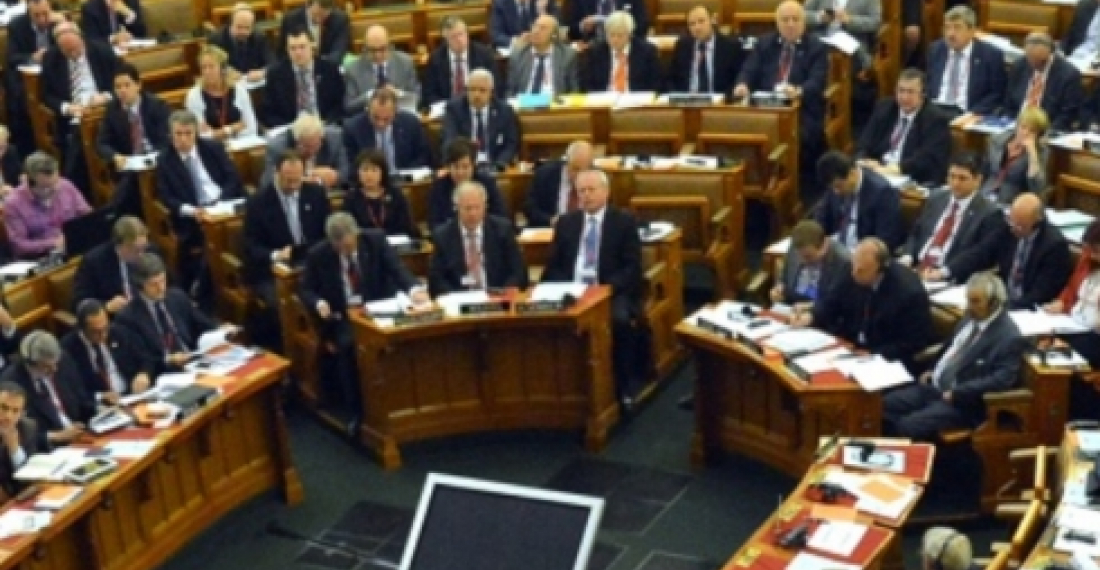The Parliamentary Assembly of NATO, meeting in Budapest over the weekend, has revisited the issue of new members for the alliance and has called for a new committment to the "open door policy" agreed at the Summit of Heads of Government in Wales in 2014.
The Assembly, whilst stressing that NATO aspirants must continue with necessary preparations to fulfil the requirements of NATO membership as set out in Article 10 of the Washington Treaty urged the governments and parliaments of the North Atlantic Alliance to maintain the Wales Summit commitment to the open door policy; to deliver the support agreed at the Summit for aspirant countries, and to decide on Montenegro's invitation by the end of 2015; and to continue supporting the implementation of a Substantial NATO-Georgia Package and, in accordance with the Bucharest 2008 Summit decision, to take the next step in Georgia's integration to NATO by granting it a Membership Action Plan.
In its resolution on the matter, the NATO Parliamentary Assembly stated that it recognises the difficult environment, in which Ukraine appears against a backdrop of the unprecedented aggression by the Russian Federation, and encouraged the Ukrainian Government and Parliament to put every effort into reforming the country according to democratic Euro-Atlantic standards. It pledged that, as it has done in the past, to render aspirant countries all possible assistance to help them achieve their goal of NATO membership.
The resolution, whilst not binding on goverments increases the pressure on the member states of the alliance to move forward with the membership applications of a number of countries including Georgia. The Chairman of the Georgian Parliament, David Usupashvili, was one of the keynote speakers at the Budapest meeting. In a candid speech he told NATO MPs that further procrastination was not possible and that NATO should move Georgia's application to the next stage.
source: commonspace.eu
phto: The Spring session of the NATO Parliamentary Assembly held in Budapest on 15-17 May 2015 (picture courtesy of NATO PA).







